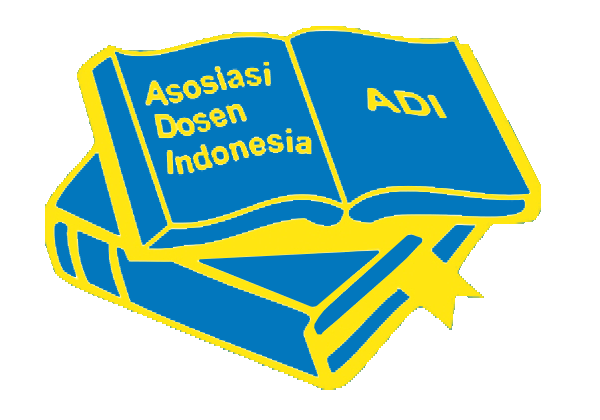Kemampuan Pemahaman Konsep Matematis Siswa Melalui Model Pembelajaran Flipped Classroom di SMP/MTS
DOI:
https://doi.org/10.22373/edj.v1i1.2162Keywords:
Ability to Understand Mathematical concepts; Flipped ClassroomAbstract
The low ability to understand mathematical concepts, because mathematics is abstract, the time for the teaching and learning process is limited, the teacher plays a more important role, especially in explaining the material, the lack of time to provide exercises and quizzes in the teaching and leasrning processs, teachers must be able to take advantage of existing technology at this time. Students can be said to have the ability to understand mathematical concepts, if these students can formulate settlement strategies, apply simple calculations, use symbols to present concepts, anad change one form to another. In fact, students ability to understand mathematical concepts is still relatively low, so we need a learning model that can develop students ability to understand mathematical concepts, namely the flipped classroom learning model. The purpose of this study was to determine the students conceptual understanding ability after the flipped classroom learning model was applied. The research design used a quasi experimental design with a pre-test control group design. The population in this study were all eighth grade students of MTsN 2 Aceh Besar. Sampling was done by random sampling so that class VIII-5 was chosen as the experimental class and class VIII-6 as the control class. Data were collected using the ability test sheet for understanding mathematical concepts which were then analyzed using independent sampel t-test (right side test). As for the results of the study, it was obtained that t arithmetic > t table, namely 4,14 > 1,68, so it can be concluded that the ability to understand mathematical concepts of students who are taught by the flipped classroom learning model is better than the ability to understand mathematical concepts of students who are taught by the learning model conventional.
References
Damayanti, Firsa dan Intan Sari Rufiana. (2020). Analisis Pemahaman Konsep Matematika pada Materi Bangun Ruang Kubus dari Balok di Tinjau dari Motivasi Belajar. Jurnal Edupedia. Ponorogo: Universitas Muhammadiyah Ponorogo, 4(2), 72-180.
Juniantari, dkk. (2018). Pengaruh Pendekatan Flipped Classroom terhadap Pemahaman Konsep Matematika Siswa SMA. Journal of Education Technology). Universitas Pendidikan Ganesha, . 2(4), 198.
Khofifah, Lutfiatul, dkk. (2021). Model Flipped Classroom dan Discovery Learning terhadap Kemampuan Pemahaman Konsep dan Pemecahan Masalah. Jurnal Unsur Prisma. Lampung: Universitas Islam Negeru Raden Intan Lampung dan Universitas Pertahanan, 10(1), 17-29.
Ramadhani, Rahmi. (2020). Desain Pembelajaran Matematika Berbasis TIK, Yayasan. Yayasan Kita Menulis.
Rismawati, Melinda dan Anita Sri Rejeki Hutagaol. (2018). Analisis Kemampuan Pemahaman Konsep Matematika Mahasiswa PGSD STKIP Persada Khatulistiwa Sintang. Jurnal Pendidikan Dasar PerhKhasa. Sintang: STKIP Persada Khatulistiwa Sintang, 4(1), 92.
Sari, Ayu Wika, dkk. (2020). Penerapan Model Pembelajaran Experience, Language, Picture, Symbol, Aplication (ELPSA) Terhadap Pemahaman Konsep Matematis Siswa. Jurnal Pendidikan Matematika, 4(2), 310.
Tianingrum, Risna dan Hanifah Nurus Sopian. (2017). Analisis Kemampuan Pemahaman Matematis SIswa SMP pada Materi Bangun Ruang Sisi Datar. Prosiding Seminar Nasional Matematika dan Pendidikan Matematika (SESIOMADIK A), 2017. Karawang: Universitas Singaperbangsa Karawang, 440-446.
Walidah, Ziana, dkk. (2020). Pengaruh Model Pmbelajaran Flipped Classroom (FC) terhadap Hasil Belajar. Jurnal Pendidikan Matematika. Bangkalan: STKIP PGRI Bangkalan, , 5(2), 72














